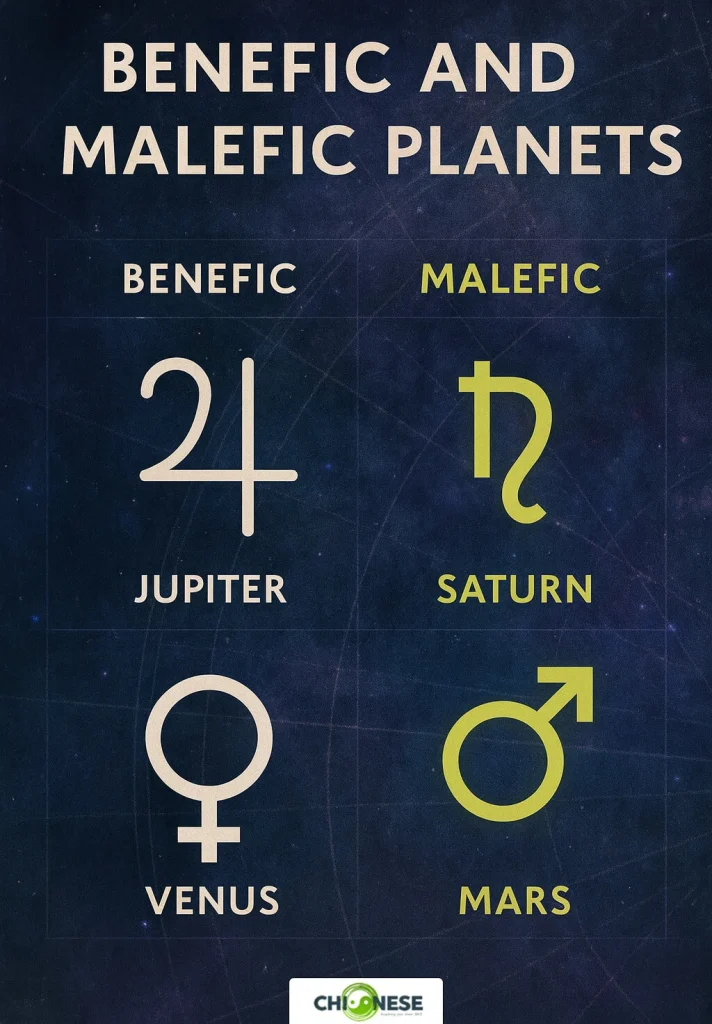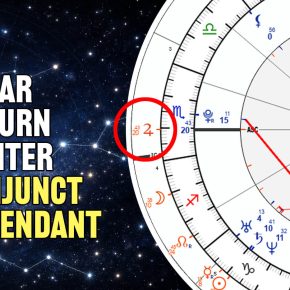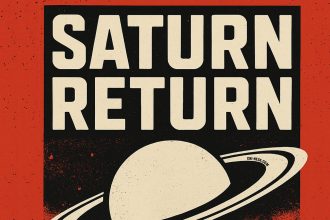Astrology loves its labels. For centuries, planets have been sorted into the categories of “benefic” and “malefic.” It sounds simple: some planets give blessings, others bring challenges. But if you’ve been practicing or studying astrology for even a short time, you already know nothing in a chart works in such a black-and-white way. Benefics can overwhelm just as easily as they uplift. Malefics can structure your life in ways that ultimately free you.
Let’s walk through each of the classical planets considered benefic or malefic, why they fall into their category, and how their influence actually works in a chart.
Key Takeaways
- Venus and Jupiter are the benefics because they open doors, attract resources, and expand what’s already working.
- Mars and Saturn are the malefics because they introduce friction, limits, and effort, the parts of life that require action or accountability.
- Neither group is “good or bad”; benefics show where life moves with more ease, while malefics show where life demands strategy, endurance, or focused work.
The Benefics: Venus and Jupiter

Venus: Harmony, Attraction, and Social Glue
Venus is known as the “lesser benefic,” but don’t let the title fool you. Venus is powerful because it governs the kind of ease that supports a functional and enjoyable human life: connection, preference, art, partnership, beauty, and the ability to attract what we want.
Why Venus is considered benefic:
- It creates conditions that make life smoother, cooperation, mutual understanding, interests that bring joy, and resources that feel supportive.
- Its influence tends to soften conflicts and encourage balance between self and others.
- It governs the things we like and love, which naturally improves our experience of being alive.
When Venus is strong, people often experience more opportunities for love, artistic output, agreeable social situations, and a sense that things “come together” with less friction. Even in challenging aspects, Venus still tries to connect and harmonize, though it may do so in complicated or over-extended ways.
Jupiter: Growth, Opportunity, and Expansion (for better or worse)
Traditionally the “greater benefic,” Jupiter gets its title from its role as the planet of abundance, wisdom, and expansion. It wants to push things outwards, knowledge, optimism, hope, confidence, resources, and possibilities.
Why Jupiter is considered benefic:
- It increases what it touches: chances, visibility, wealth, and knowledge.
- It supports faith, not necessarily religious faith, but belief in meaning, purpose, and the future.
- It encourages growth in ways that help people break out of limitations.
But Jupiter’s expansiveness comes with a catch: it doesn’t discriminate. It enlarges everything, including problems. This is why Jupiter transits sometimes look like someone suddenly taking on too much, overspending, overestimating, or exaggerating a situation. Jupiter inflates and that inflation can become a bigger issue if the foundation isn’t stable.
So yes, Jupiter brings opportunity, but it can also bring excess, escalation, or unmanageable expectations. In readings, context is everything.
The Malefics: Mars and Saturn

Mars: Action, Heat, and Necessary Conflict
Mars is the “lesser malefic,” but its function is essential. Mars is the force that gets things done when effort, courage, or confrontation is required. It rules assertion, drive, separation, and physical vitality.
Why Mars is considered malefic:
- It acts quickly and forcefully, often before a situation is ready.
- It governs conflict, cutting, accidents, and impulsive reactions.
- It prioritizes action over comfort, which can disrupt peace and routine.
Without Mars, nothing would move forward. But with Mars, things can escalate fast. It pushes, cuts through stagnation, and forces decisions. In a natal chart, Mars shows where action is demanded and where impatience or frustration may arise. In transits, Mars can activate events rapidly, sometimes exciting, sometimes stressful.
Mars is not “bad.” It’s simply not “gentle”. Its role is to ignite.
Saturn: Structure, Discipline, and Consequence
Saturn’s reputation as the “greater malefic” is rooted in its core themes: limits, responsibility, time, pressure, aging, and reality checks. Saturn removes anything that isn’t sustainable and requires you to build what is.
Why Saturn is considered malefic:
- It delays until you’re prepared, which can feel like obstruction or scarcity.
- It forces accountability, often through discomfort or long-term effort.
- It governs boundaries, endings, and the weight of obligation.
Saturn can also influence physical health. When Saturn touches the 1st house (the body) or the 6th house (illness, systems, routines), it can manifest as fatigue, chronic conditions, structural problems (bones, joints, teeth), or long recovery periods. Saturn rules form, and when the form is stressed, the body often feels it.
But Saturn is also the planet that rewards maturity, mastery, and perseverance. Its “malefic” nature is the demand to live realistically and responsibly. When you meet Saturn with commitment, it becomes a powerful ally that gives lasting results. But yes, speaking as someone with challenging Saturn aspects, I know that nothing comes easily or without effort where this planet is concerned.
Are Benefics and Malefics Still Useful Labels?
Absolutely, as long as we understand them functionally, not morally.
- Benefics are Venus and Jupiter. They show where things are nourished, supported, and encouraged to flourish.
- Malefics are Mars and Saturn. They show where effort, struggle, or caution is needed because the stakes are higher.
Astrology works because the entire spectrum of experience is represented. Without Venus and Jupiter, life would feel barren. Without Mars and Saturn, life would have no structure or momentum.
The real art of interpretation lies in seeing how these planets collaborate, challenge one another, and shape the narrative of a chart. Benefics and malefics are not “good vs. bad,” but rather ease vs. effort, support vs. pressure, opportunity vs. responsibility.












